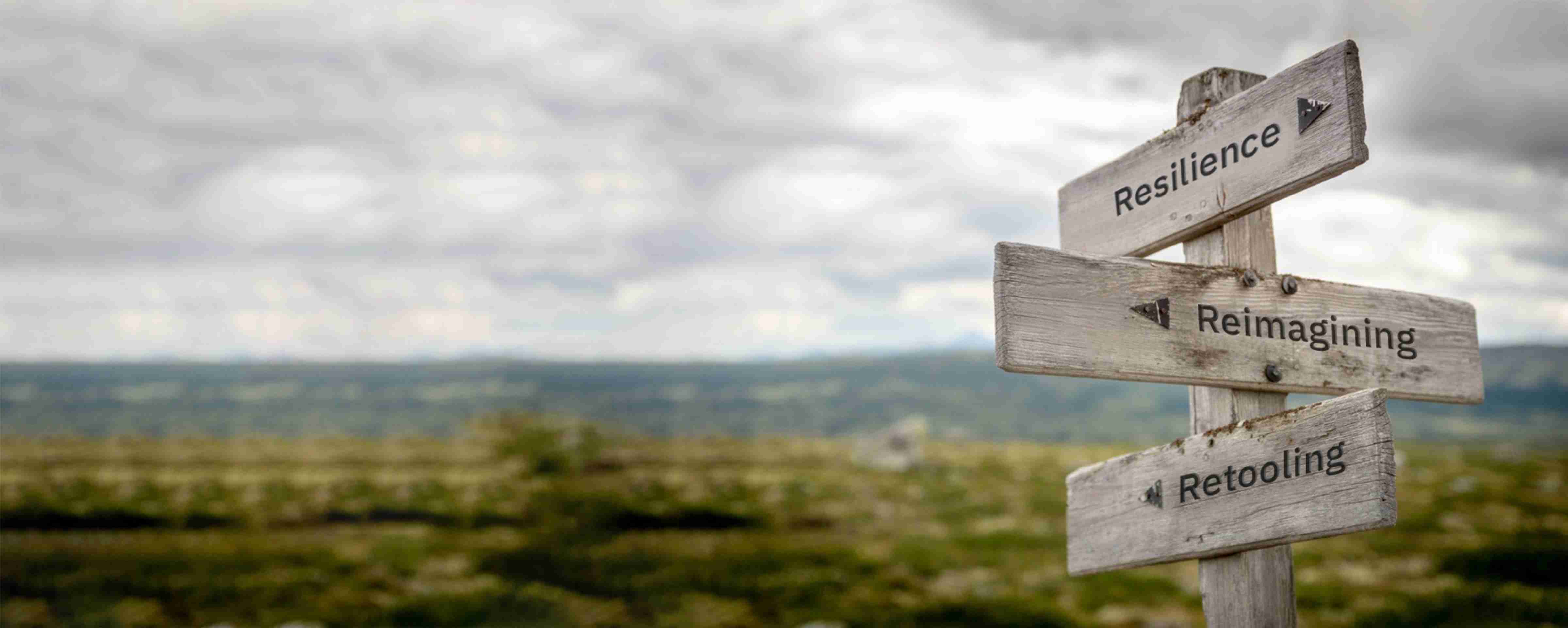Mitigating Secondary Trauma in School Professionals - Self-care when we care
Location
Zoom Room 3
Start Date
25-3-2021 2:10 PM
End Date
25-3-2021 2:30 PM
Type of Presentation
Scholarly Work Presentation (15 minutes)
Proposal for Presentation
This workshop will present critical information for educators and other school professionals about secondary trauma. The behavioral, attitudinal, social, and emotional difficulties that educators with secondary trauma experience and its impact on their charges will be discussed. Strategies for identifying, mitigating secondary trauma and how to provide and/or support effective self-care will be presented. Helpful resources will be shared. Group discussion will be utilized.
Mitigating Secondary Trauma in School Professionals - Self-care when we care
Zoom Room 3
This workshop will present critical information for educators and other school professionals about secondary trauma. The behavioral, attitudinal, social, and emotional difficulties that educators with secondary trauma experience and its impact on their charges will be discussed. Strategies for identifying, mitigating secondary trauma and how to provide and/or support effective self-care will be presented. Helpful resources will be shared. Group discussion will be utilized.




Acknowledgments
Adams, R. E., Boscarino, J. A., & Figley, C. R. (2006). Compassion fatigue and psychological distress among social workers: A validation study. American Journal of orthopsychiatry, 76(1), 103-108.
Barnett, Jeffery, & Cooper, Natalie. (2009). Creating a Culture of Self‐Care. American Psychological Association. Wiley Periodicals, Inc. 16 (1), 1-20. https://doi.org/10.1111/j.1468-2850.2009.01138.x
Bride, B. E. (2007). Prevalence of Secondary Traumatic Stress among Social Workers. Social Work, 52(1), 63–70. https://doi.org/10.1093/sw/52.1.63
Cleantis, Tracey. (2017). An invitation to self-care : why learning to nurture yourself is the key to the life you've always wanted : 7 principles for abundant living. Center City, Minnesota : Hazelden Publishing. 13-20
Clevland Clinic. (2019).What Happens to Your Body During the Fight or Flight Response?. from https://health.clevelandclinic.org/what-happens-to-your-body-during-the-fight-or-flight-response/
Columbia River Mental Health Services (2018). Mental Health Self Care 101. from https://crmhs.org/mental-health-self-care-2/
Conrad, D, Kellar-Guenther, Y. Compassion fatigue, burnout, and compassion satisfaction among Colorado child protection workers. Child Abuse Neglect 2007; 30: 1071–1080.
Drolet, J., & McLennan, C. (2016). Wellness and Relational Self-care in Social Work Field Education. International Journal of Health, Wellness & Society, 6(4).
Figley, R. Charles. (1995). Coping with secondary Traumatic Stress Disorder: Compassion Fatigue Coping with Secondary Traumatic Stress Disorder in Those Who Treat the Traumatized. Brunner/ Mazel, Publishers: New York, 178-208.
Herman, K. C., Hickmon-Rosa, J., & Reinke, W. M. (2018). Empirically Derived Profiles of Teacher Stress, Burnout, Self-Efficacy, and Coping and Associated Student Outcomes. Journal of Positive Behavior Interventions, 20(2), 90–100. https://doi.org/10.1177/1098300717732066
National Center on Family Homelessness. (2008). What about you? a workbook for those who work with others. Retrieved from http://508.center4si.com/SelfCareforCareGivers.pdf
Newell, J. M., & Nelson-Gardell, D. (2014). A competency-based approach to teaching professional self-care: An ethical consideration for social work educators. Journal of Social Work Education, 50(3), 427-439.
Pearlman, L. A., & Saakvitne, K. W. (1995). Treating therapists with vicarious traumatization and secondary traumatic stress disorders. Compassion fatigue: Coping with secondary traumatic stress disorder in those who treat the traumatized, 23, 150-177.
Pulido, M.L. (2007). In their words: secondary traumatic stress in social workers responding to the 9/11 terrorist attacks in New York City. Social Work, 52 (3), 279-281.
Raphael, B., & Wilson, J. P. (1993). Theoretical and intervention considerations in working with victims of disaster. In International handbook of traumatic stress syndromes. Springer, Boston, MA. (pp. 105-117).
Sundnes KO, Birnbaum ML (eds) Health and disaster management guidelines for evaluation and research in the Utstein style. Prehospital Disast Med 2003; 17: 1–177.
Walker, T. (2021). How Many Teachers Are Highly Stressed? Maybe More Than People Think. | NEA. from https://www.nea.org/advocating-for-change/new-from-nea/how-many-teachers-are-highly-stressed-maybe-more-people-think
Wicks, Robert J. (1991). Appreciating the “Now” in the Rush to the Future: Self-Care for Every Day Reflections on Healthy Spiritual Living. St. Meinrad, IN :Abbey Press. 41-42.